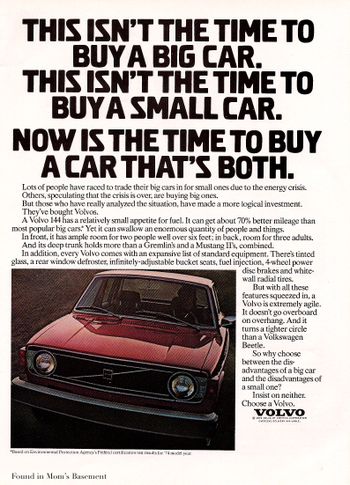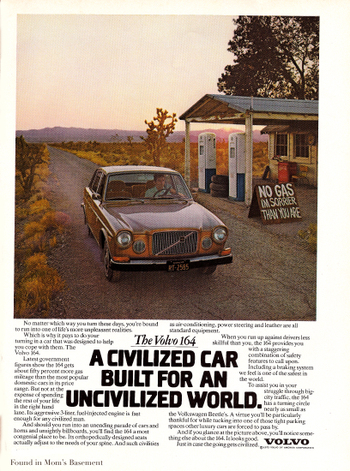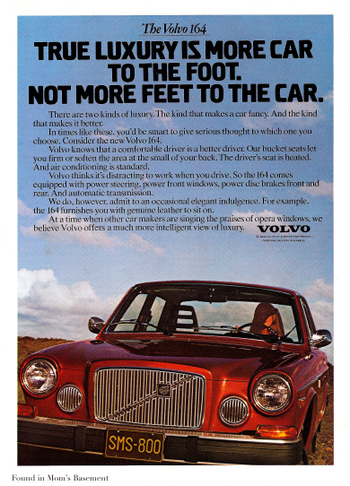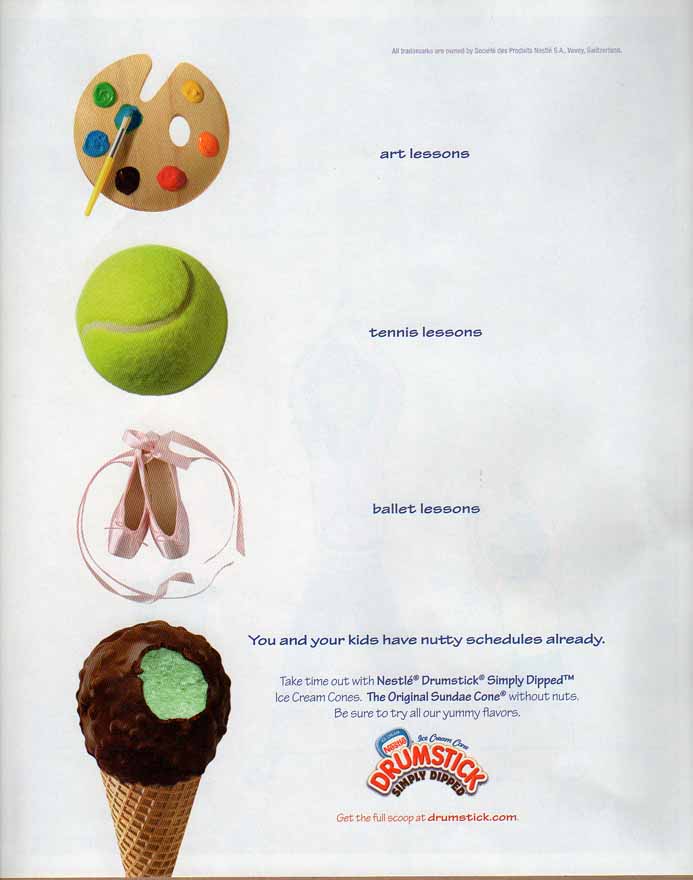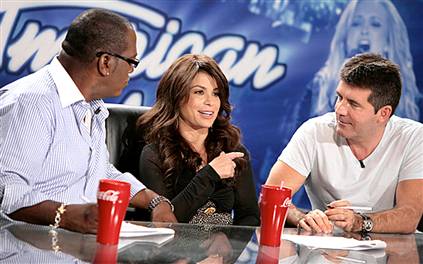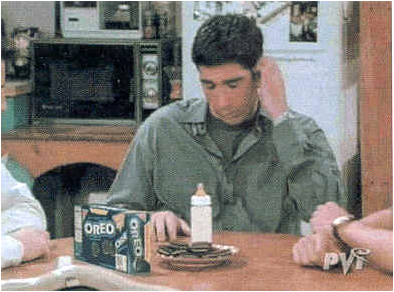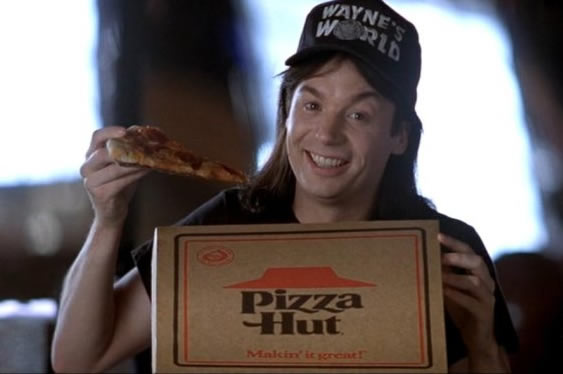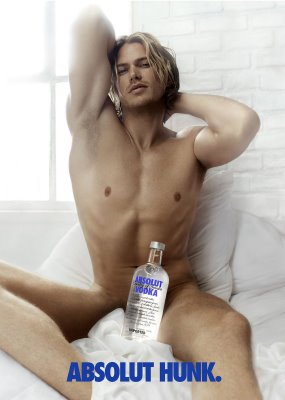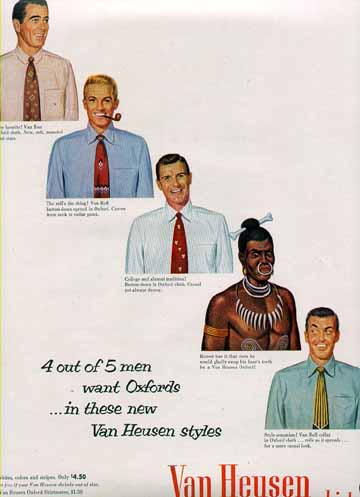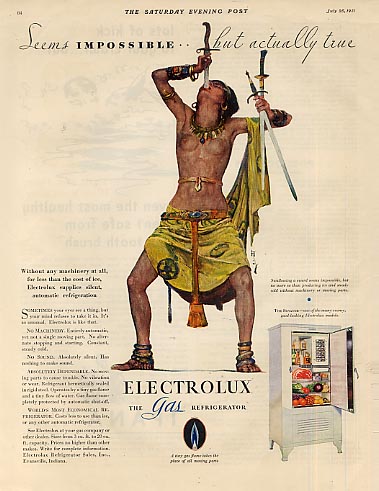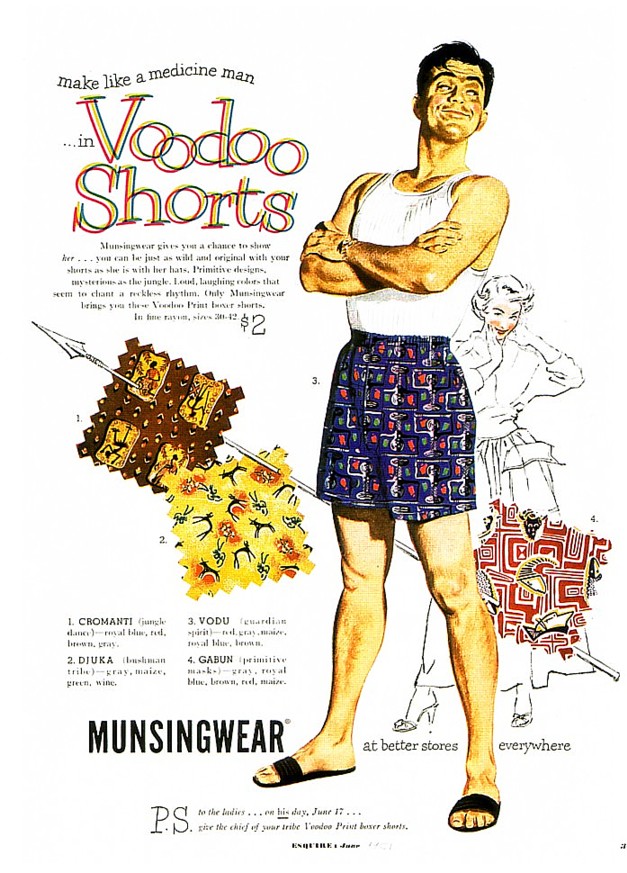Prompted by Gwen’s recent post on adoption announcement cards, Carmen from the excellent blog Racialicious sent us this link to a post about onesies for transnationally adopted infants by iBastard. As iBastard says
…when people go out of their way to say something, there’s usually more to it than the literal message. There’s a metamessage (the message behind the message itself) or subtext of some kind.
These first two onesies (found at Racialicious and here respectively) are from children adopted from Guatemala:
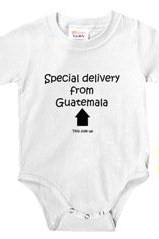

And this one, also found at Racialicious, is for babies adopted from China:
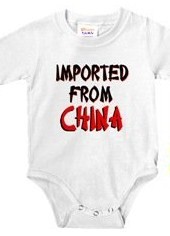
The first and last one associate babies with goods (“special delivery” and “imported”) that can be bought. Those with superior resources (i.e., Americans?) can buy these goods.
The middle one de-humanizes Guatamalans. As Resistance notes: What is a Guatling? “Is it like an earthling? A foundling? An underling? A gosling? A yearling?”
All advertise for others that these children are adopted transnationally. And why might an adoptive parent want to advertise such things? Without trivializing how much such parents love their children, we do seem to have a phenomenon in which a transnational adoption is considered a humanitarian good that proves you are not racist, into multiculturalism, and a card-carrying liberal good person (the discourse around Angelina Jolie’s adopted children is part of this).
What do you think the meta-messages are here? iBastard offers a translation over at Racialicious.
Oh and, in the spirit of resistance, check out this parody t-shirt made by iBastard:

Also in dressing your kids and meta-messages: leftish t-shirts for kids, “future M.I.L.F.” t-shirts and the like, “God Hates Fags” t-shirts, sexist t-shirts for kids, trucker girl booties, and more.
Other posts on advertising your politics on your metaphorical sleeve: “I’m Saving The Planet – What Are You Doing?”, “Tough Guys Wear Pink”, “Real Girls Eat Meat”, “True Love Waits”, “I Love My Big Tatas”, and “Use Your Period For Good”.

